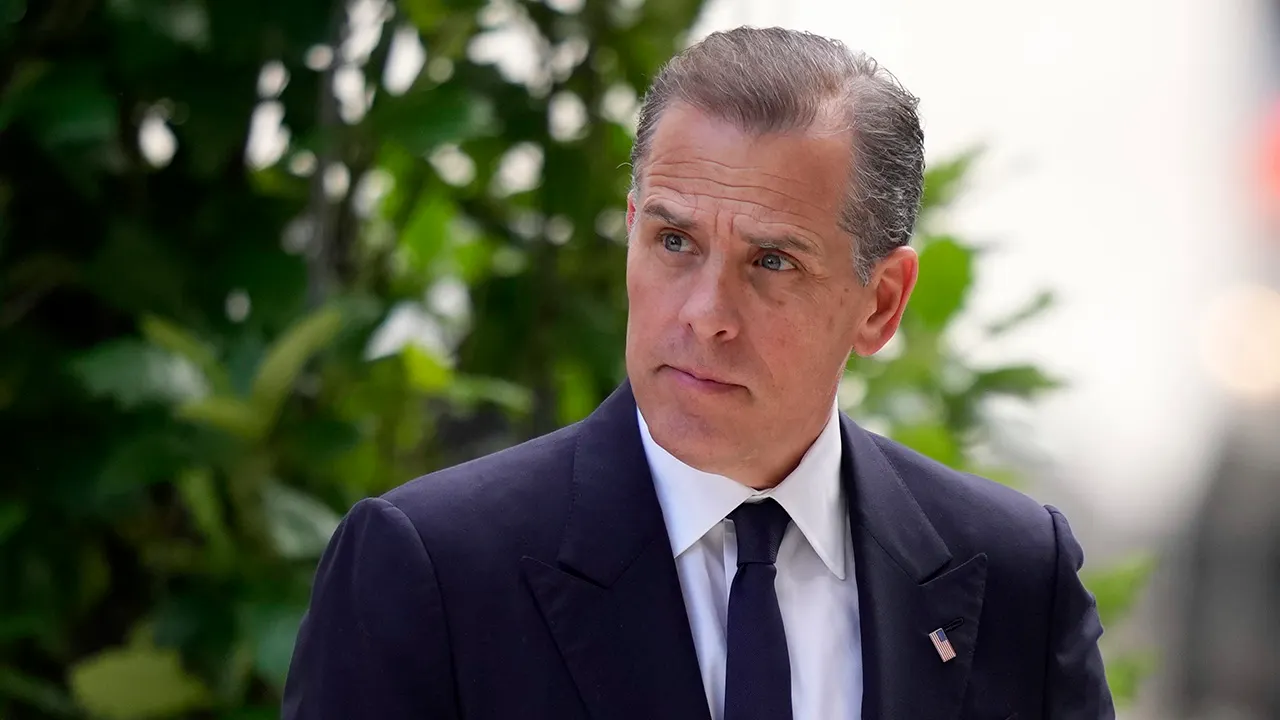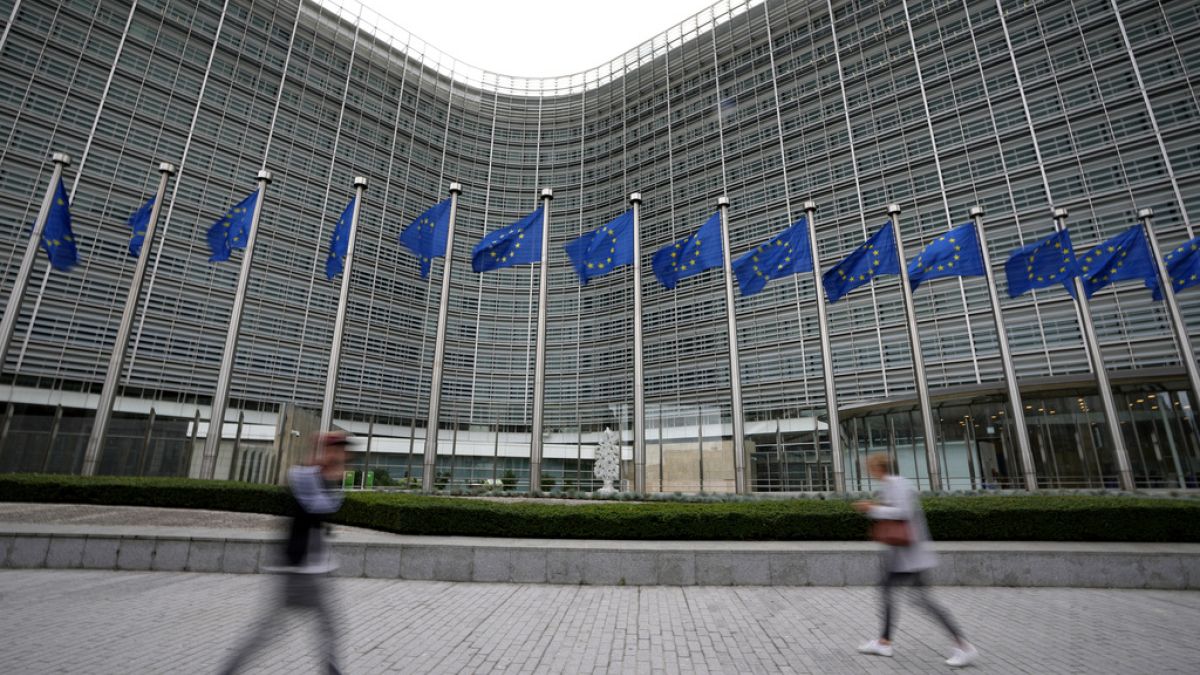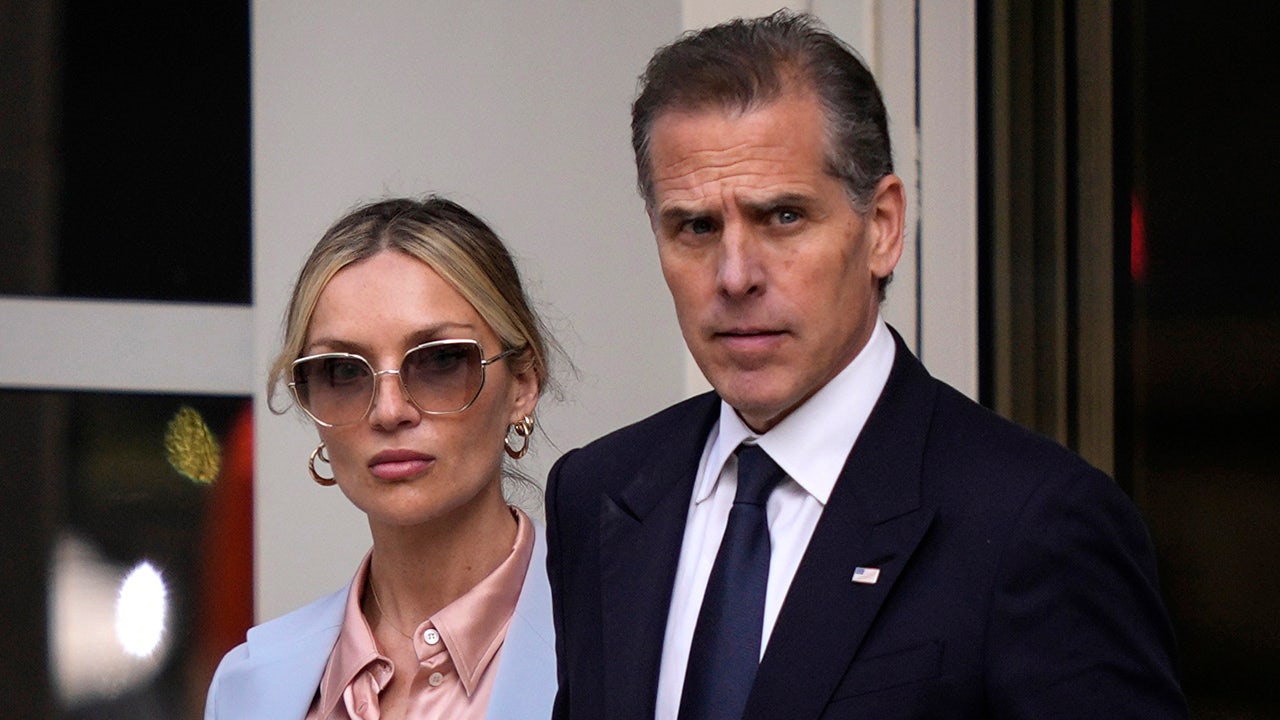Text size
ADDS Yellen comments at lunch with economists
It is “critical” for Washington and Beijing to keep working together on climate finance, US Treasury Secretary Janet Yellen said Saturday, urging deeper cooperation in addressing the “existential threat” of global warming.
Yellen is on a four-day trip to Beijing, as the United States seeks to cool tensions and stress areas of collaboration between the world’s two largest economies.
“As the world’s two largest emitters of greenhouse gases and the largest investors in renewable energy, we have both a joint responsibility –- and ability -– to lead the way,” Yellen told a roundtable of experts in China, underlining a critical area of cooperation despite tense bilateral relations.
“Climate change is at the top of the list of global challenges, and the United States and China must work together to address this existential threat,” she added.
Saying that “climate finance should be targeted efficiently and effectively”, she pressed China to support existing multilateral institutions like the Green Climate Fund, while urging for the inclusion of the private sector in transitioning towards net zero.
“Both our economies seek to support partners in emerging markets and developing countries as they strive to meet their climate goals, and I believe continued US-China cooperation on climate finance is critical.”
China last year briefly said it was suspending talks on the climate after Nancy Pelosi, then-speaker of the House of Representatives, visited Taiwan — the self-ruled democracy claimed by Beijing.
But there are signs talks could restart soon, with US envoy John Kerry due to travel to China to discuss cooperation on climate change, a US official said Friday.
Besides working together on climate, Yellen said in a Friday meeting with Chinese Premier Li Qiang that it was also key for Washington and Beijing to closely communicate on global economic and financial affairs — while making joint efforts on international challenges such as debt distress.
The Treasury chief’s high-level meeting with Premier Li had likely “set the tone” for the rest of her visit, said Lyu Xiang, a Sino-US relations expert at the Chinese Academy of Social Sciences.
On Saturday, besides meeting people involved in climate finance, Yellen also spoke with women economists, stressing that the US-China relationship was “rooted in the solid ties” between the American and Chinese people.
“It is important that we keep nurturing and deepening these ties,” especially as China reopens its economy after pandemic-related lockdowns, she said, adding that the US may have differences with the Chinese government, but not with its people.
She is expected to meet Vice Premier He Lifeng, a key official in China’s economic affairs, later on Saturday.
It is during these subsequent meetings that Yellen will be able to drill down into more specific issues, ranging from the macroeconomy to trade and technology exports, Lyu told AFP.
But a key question is whether “big ticket items that are in the category of global challenges”, like debt distress and climate cooperation, get bumped to the top of the agenda, said Lindsay Gorman, senior fellow for emerging technologies at the German Marshall Fund of the United States.
Yellen’s talks on Saturday follow meetings with US businesses, who have expressed a host of concerns ranging from level playing fields with the Chinese to reduced people-to-people exchanges and an uncertain business climate in the face of a national security crackdown.
“Anything that can help make the US-China relationship better, number one, will help the companies here, the investment sentiment, and two, just give us more opportunity to cooperate,” Michael Hart, president of the American Chamber of Commerce in China, told AFP.
bys-ll-oho/smw

































